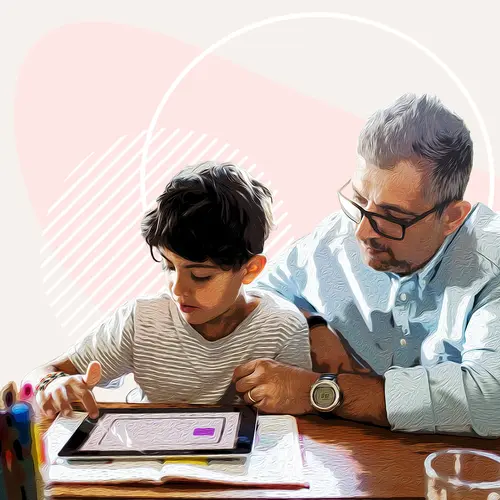Recommended

Related Links
- Pregnancy Home
- Pregnancy News
- Pregnancy Medical Reference
- Getting Pregnant
- First Trimester
- Second Trimester
- Third Trimester
- Labor & Delivery
- Pregnancy Complications
- All Pregnancy Topics
- Ovulation Calculator
- Pregnancy Calendar
- Pregnancy Related Topics
- Baby Home
- Baby News
- Baby Medical Reference
- Toddler Milestones
- Child Development
- Child Safety
- All Parenting Topics
- Children's Health
- Children's Vaccines
- Parenting Home
- Parenting News
- Find a Pediatrician
- More Parenting Topics
